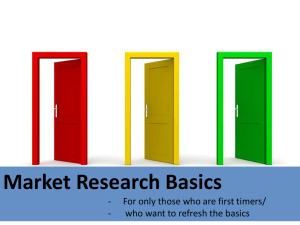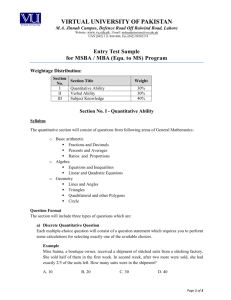Valbar kurs: KRF820 - Quantitative Receptorpharmacology In
advertisement
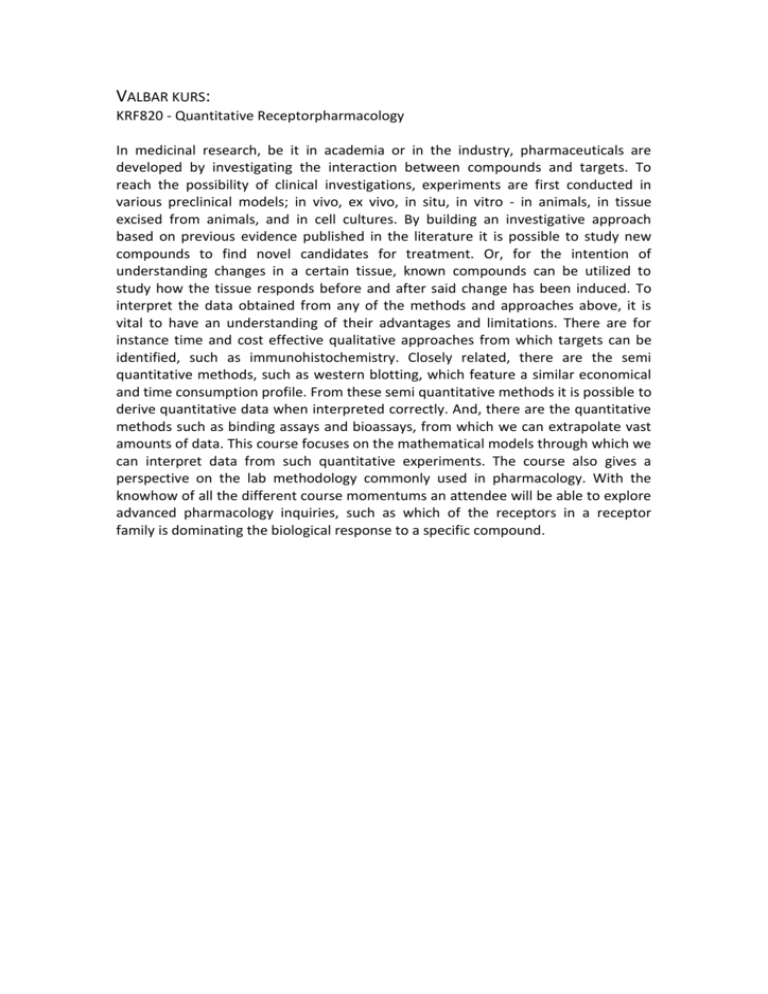
VALBAR KURS: KRF820 - Quantitative Receptorpharmacology In medicinal research, be it in academia or in the industry, pharmaceuticals are developed by investigating the interaction between compounds and targets. To reach the possibility of clinical investigations, experiments are first conducted in various preclinical models; in vivo, ex vivo, in situ, in vitro - in animals, in tissue excised from animals, and in cell cultures. By building an investigative approach based on previous evidence published in the literature it is possible to study new compounds to find novel candidates for treatment. Or, for the intention of understanding changes in a certain tissue, known compounds can be utilized to study how the tissue responds before and after said change has been induced. To interpret the data obtained from any of the methods and approaches above, it is vital to have an understanding of their advantages and limitations. There are for instance time and cost effective qualitative approaches from which targets can be identified, such as immunohistochemistry. Closely related, there are the semi quantitative methods, such as western blotting, which feature a similar economical and time consumption profile. From these semi quantitative methods it is possible to derive quantitative data when interpreted correctly. And, there are the quantitative methods such as binding assays and bioassays, from which we can extrapolate vast amounts of data. This course focuses on the mathematical models through which we can interpret data from such quantitative experiments. The course also gives a perspective on the lab methodology commonly used in pharmacology. With the knowhow of all the different course momentums an attendee will be able to explore advanced pharmacology inquiries, such as which of the receptors in a receptor family is dominating the biological response to a specific compound.
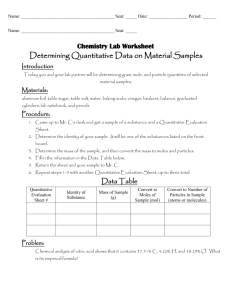
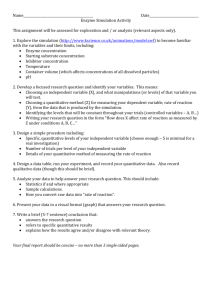
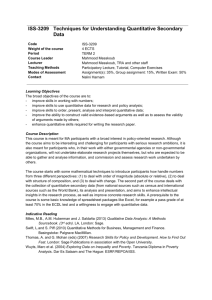
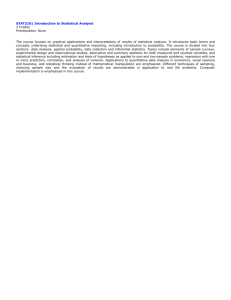
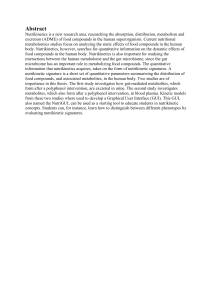
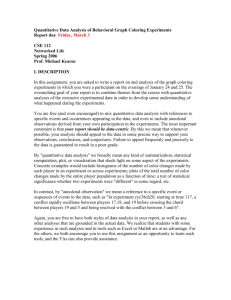
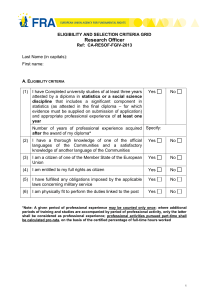
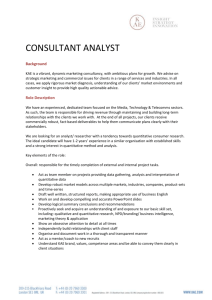
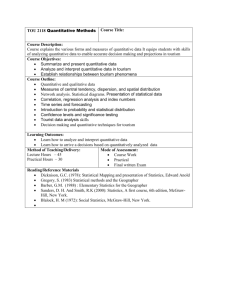


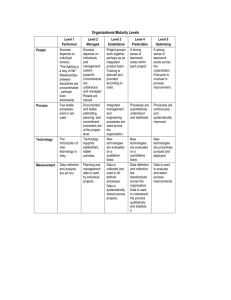
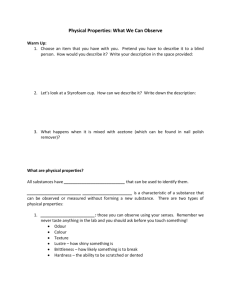
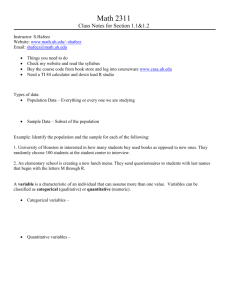
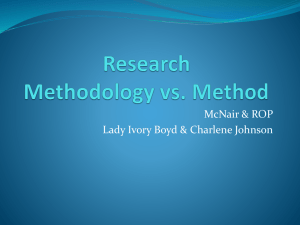

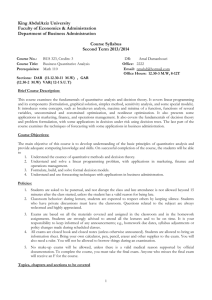
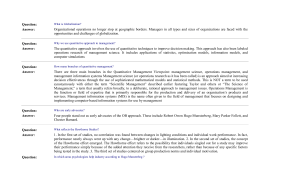
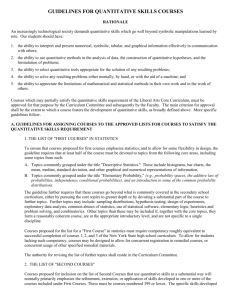
![QRTF guidance notes [9]](http://s3.studylib.net/store/data/007202053_1-fd887b3db42c785587103027ad7dc1ae-300x300.png)
